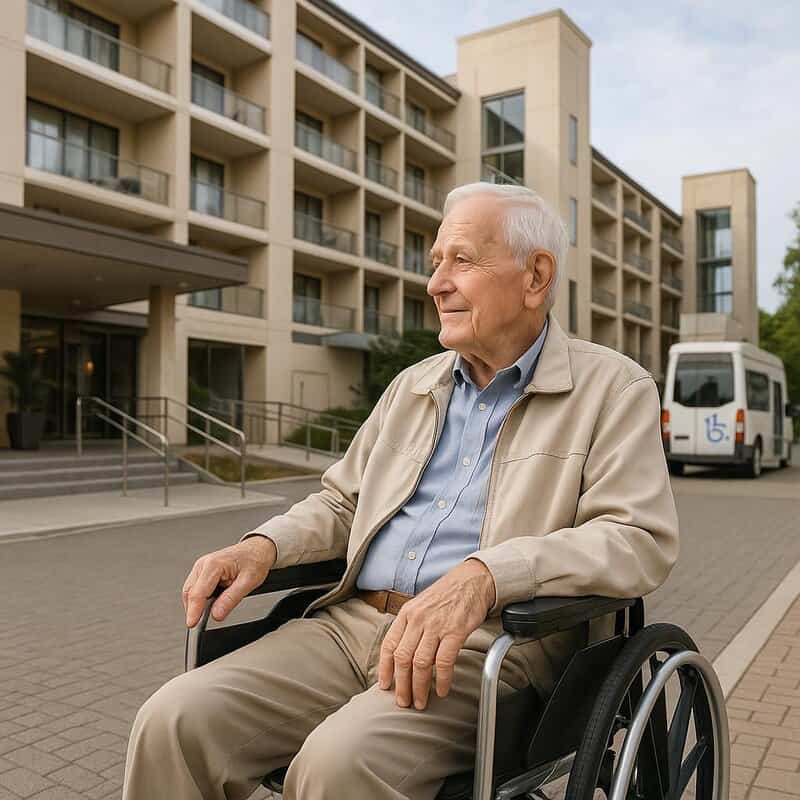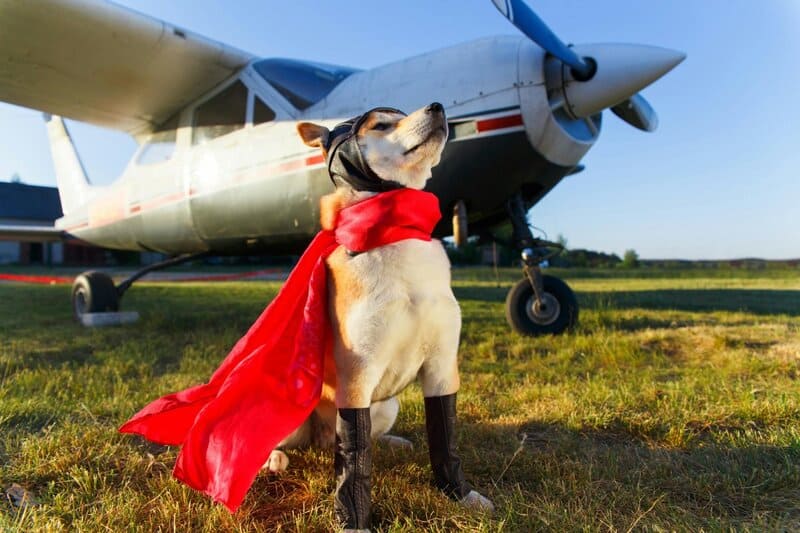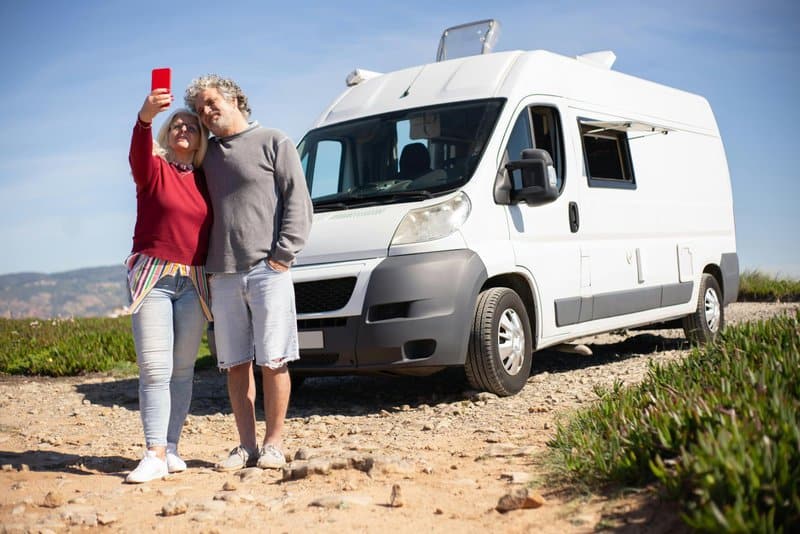Traveling with elderly family members offers a unique chance to create cherished memories together. However, it also requires careful planning and sensitivity to their specific needs. From mobility limitations to dietary restrictions, older adults often face challenges that can make travel daunting. Thoughtful consideration and preparation not only minimize stress but also maximize enjoyment for everyone involved. With the right approach, families can overcome common obstacles and embrace the rewards of shared adventures. Comfort, safety, and joy should always be at the heart of your travel plans.

















